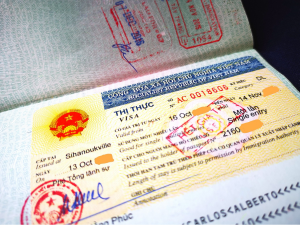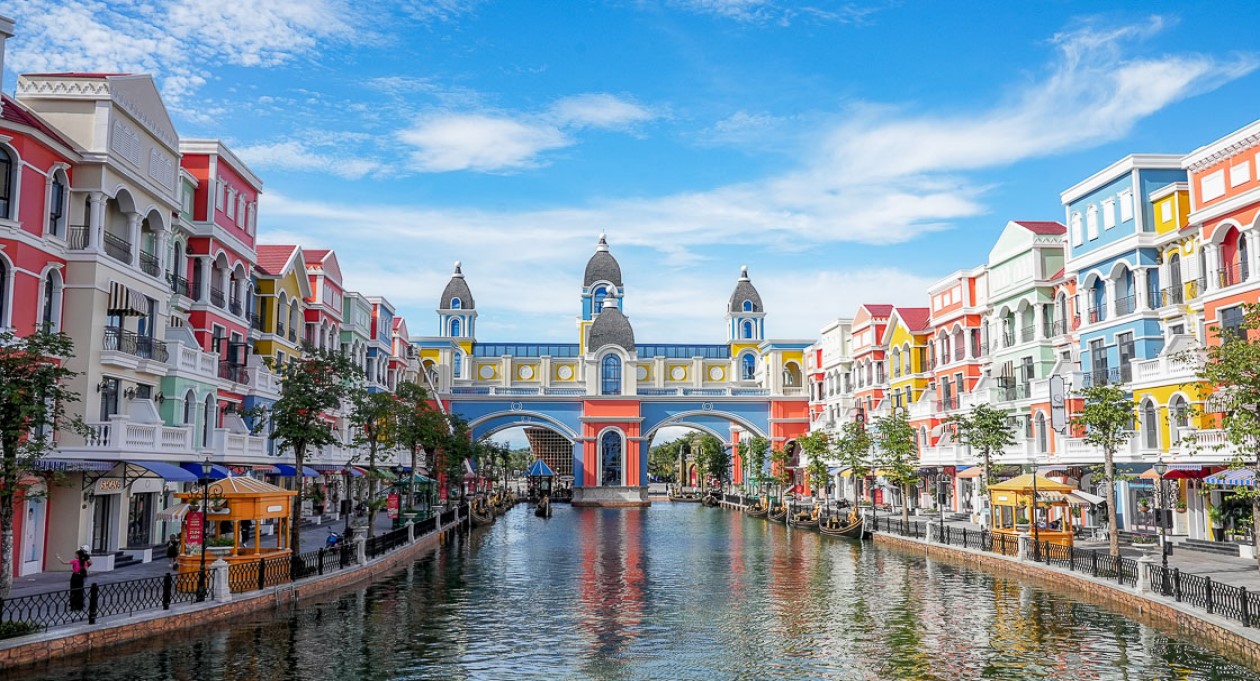How to Bargain in Vietnam: A Guide to Getting the Best Deals
Bargaining in Vietnam is a common practice and an essential part of the shopping experience, particularly in local markets. For many Western visitors, this can feel unfamiliar, but understanding the cultural significance of bargaining in Vietnam can make your experience much more enjoyable. Here’s everything you need to know to master the art of negotiation in Vietnam.

Understanding Bargaining Culture in Vietnam
In Vietnam, prices are often inflated for foreigners, a practice known as “skin tax” or “tourist price.” This isn’t considered a scam but a local tradition, even applied among Vietnamese from different regions. Typically, tourists are quoted prices 2-3 times higher than locals. Negotiation is a cultural staple that’s expected and helps maintain balance in the marketplace.
Why Do Locals Charge Tourists Higher Prices?
Locals often assume foreigners have more financial means, so higher prices are quoted. However, bargaining is seen as respectful and aligns with the local business practices, ensuring a fair price for both parties.
Tips for Successful Bargaining in Vietnam
To help you bargain effectively, here are some tips that will enhance your experience and ensure you’re getting a fair deal.
1. Preparation: Know Before You Go
Before heading out to the market, a little preparation goes a long way.
- Learn Basic Phrases: Knowing simple Vietnamese phrases like “How much is this?” (bao nhiêu?) and “That’s too expensive” (đắt quá) can help establish rapport and show respect for the language.
- Understand the Value of Money: While the price might seem low to you, it could mean a lot to the vendor, so always be considerate.
2. During the Negotiation: Approach with Respect
Keeping a respectful attitude is key to a positive bargaining experience.
- Research Local Prices: Check what others have paid for similar items, either online or by asking locals. This gives you a good starting point.
- Show Genuine Interest: Only start bargaining if you’re seriously considering the purchase. Backing out after negotiating is considered disrespectful.
- Bring Small Bills: Many vendors may not have change for large bills, so bring smaller denominations for easier transactions.

Bargaining Strategies for Success
1. Treat It Like a Game
Bargaining is supposed to be fun and light-hearted in Vietnam. Keeping a friendly attitude can go a long way.
- Stay Calm: Always be respectful and avoid raising your voice. Maintaining a polite demeanor helps create goodwill.
- Don’t Haggle Over Pennies: It’s common to negotiate, but pushing for every last cent can be seen as stingy. Settle for a fair price.
- Let the Seller Set the Price First: Allow the vendor to make the first offer, then counter at one-third to one-half of their quoted price.
2. Proportional Counteroffers
Negotiation in Vietnam often involves a gradual approach.
- Match Concessions: If the seller drops their price by a certain amount, increase your offer proportionally. This shows you’re willing to compromise.
- Stick to the Agreed Price: Once a price has been settled on, don’t try to lower it further, as this is considered rude.
3. Be Prepared to Walk Away
If the seller refuses to meet your price, politely thank them and begin to leave. Many times, this will prompt the vendor to offer a better price as you walk away.
Advanced Bargaining Tips
For experienced bargainers, here are some advanced tips to get even better deals.
1. Early Morning Shopping
Sellers believe that the first sale of the day brings luck, so shopping early in the morning can often result in better discounts.
2. Avoid Tourist Areas
Prices tend to be higher in tourist hotspots. If possible, explore local markets outside of tourist zones for more reasonable prices.
3. Be Discreet with Money
Avoid showing large amounts of cash, as this can influence the price you’re quoted. Stick to smaller amounts to appear budget-conscious.
4. Leverage Competition
If a vendor won’t lower their price, politely mention that you’ve seen a similar item for less at another stall. This may prompt them to lower their price.
5. Downplay Enthusiasm
Pointing out small flaws in the item or showing limited interest can sometimes prompt the seller to offer a better price.

What Can You Bargain For in Vietnam?
In Vietnam, nearly everything is negotiable, especially in local markets. However, there are exceptions.
Places Where Bargaining is Common
- Markets: Traditional markets are ideal for bargaining over clothes, souvenirs, handicrafts, and more.
- Street Vendors: Street food or local snacks can sometimes be bargained for in bulk.
Fixed-Price Locations
Some places in Vietnam do not permit bargaining, including:
- Supermarkets
- Restaurants
- Hotels
- Shopping Malls
Seasonal and Off-Peak Bargaining
Visiting during the off-season or on weekdays can sometimes yield better prices as vendors are more eager to make sales.
Final Thoughts on Bargaining in Vietnam
Bargaining in Vietnam is an enjoyable cultural exchange that goes beyond saving money. It allows you to engage with locals and gain insights into their daily lives. By following these guidelines, you’ll not only get fair prices but also respect local customs and create memorable interactions. Embrace the bargaining process, and you’ll find it to be one of the most rewarding parts of your trip.
FAQs on Bargaining in Vietnam
1. Is it rude to bargain in Vietnam?
No, bargaining is a cultural norm in Vietnam, especially in markets. Vendors expect it, and it’s a respectful way to engage with locals.
2. How much can I bargain down?
Generally, you can start by offering 30-50% of the original price and negotiate from there.
3. Can I bargain everywhere in Vietnam?
No, bargaining is common in local markets but not in fixed-price places like supermarkets, restaurants, and hotels.
4. Is it okay to walk away if the price is too high?
Yes, walking away is a normal part of bargaining. If the seller wants to sell, they may offer a lower price as you leave.
5. What should I avoid when bargaining?
Avoid being overly aggressive or rude. Bargaining is meant to be respectful and fun, so keep the interaction light-heart
Related Tours
Our Distinctive Highlights
Related articles

Sapa: Everything you need to know in 6 key questions

TAFI 2025: A Mission to Promote Sustainable Tourism

Vietnamese Currency: All You Need to Know About the Vietnam Dong

Nha Trang: Your ultimate guide to Vietnam’s tropical paradise

Ha Giang: A Complete Guide to Attractions and Tips









